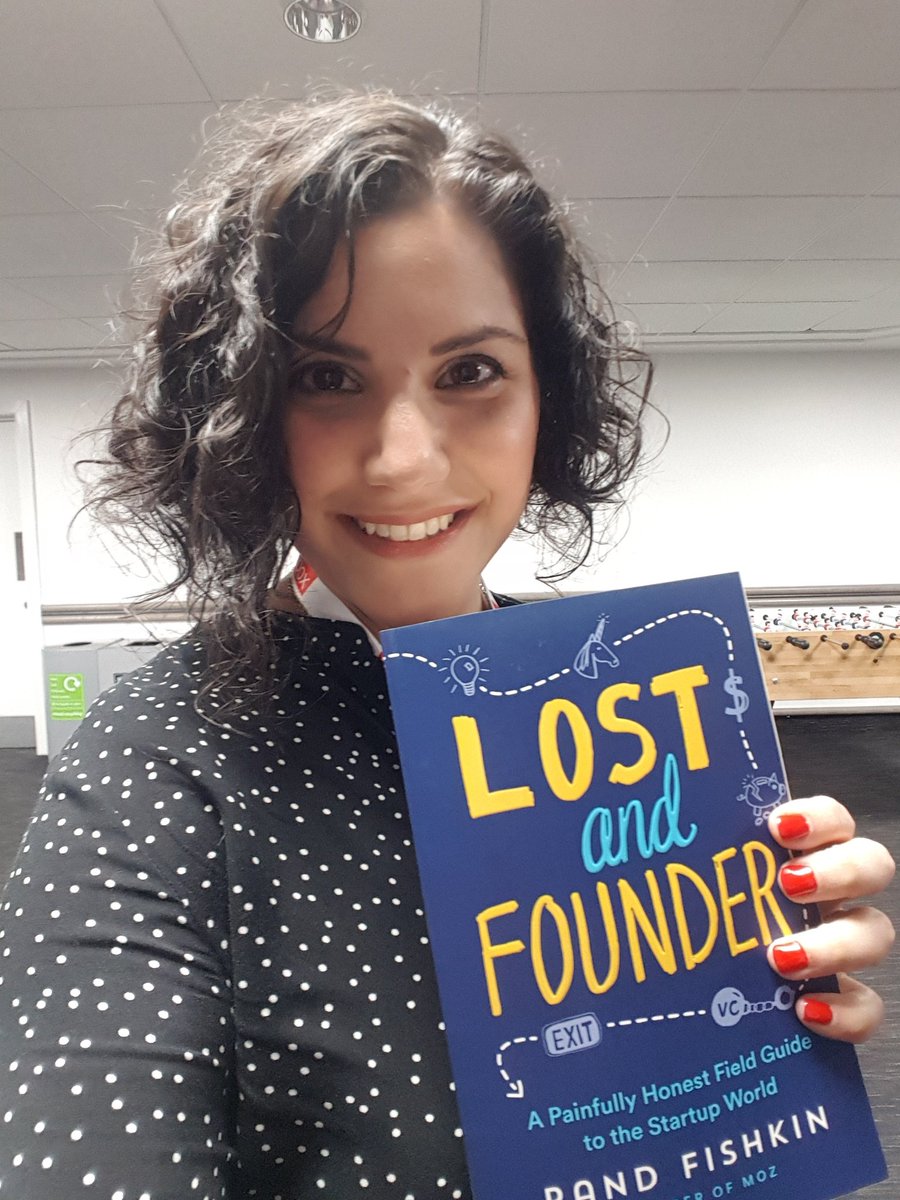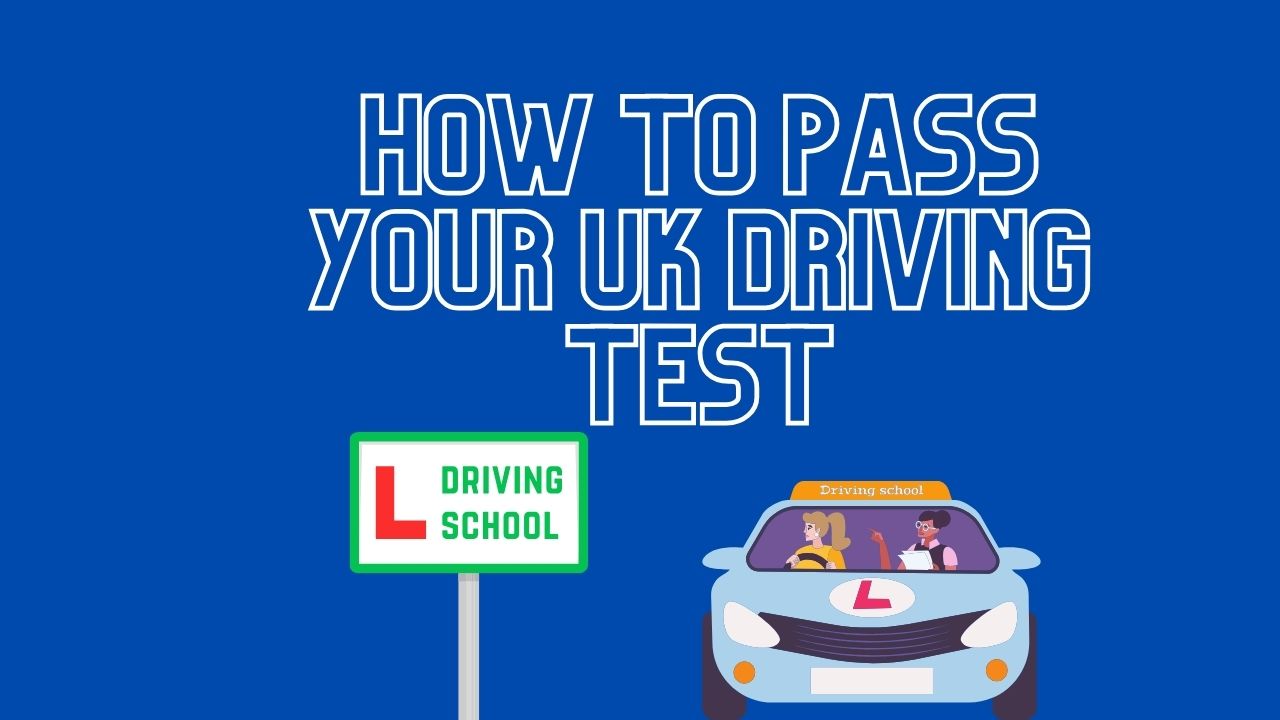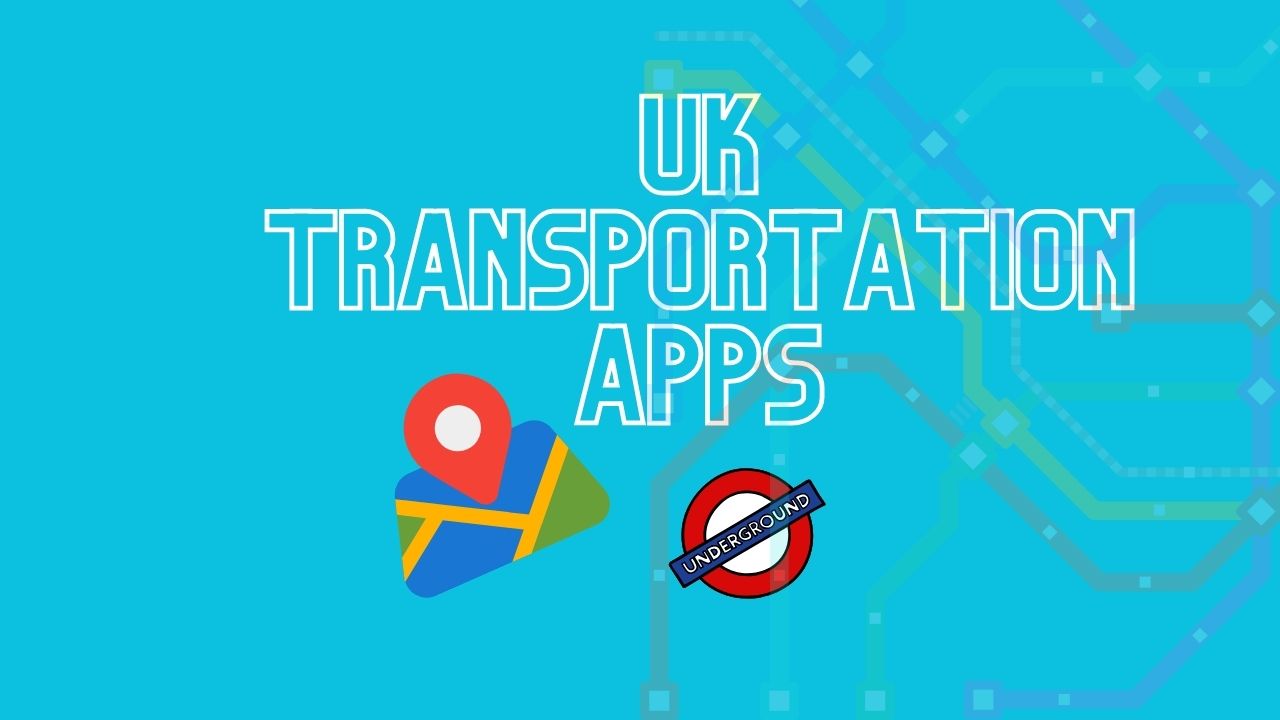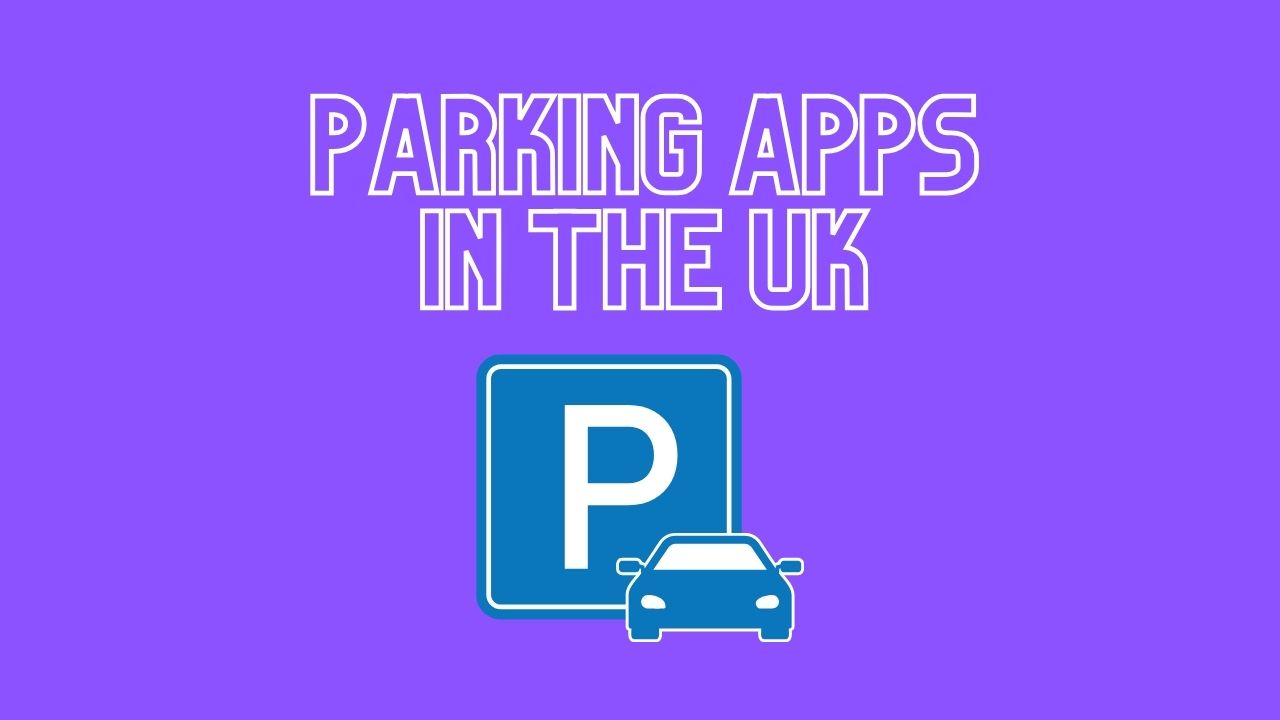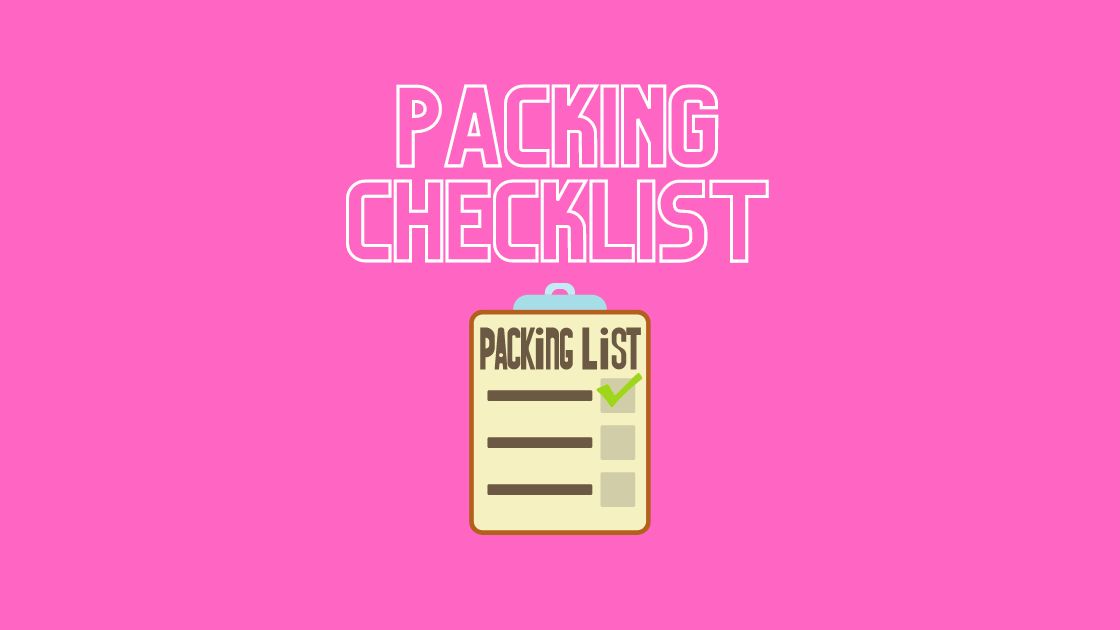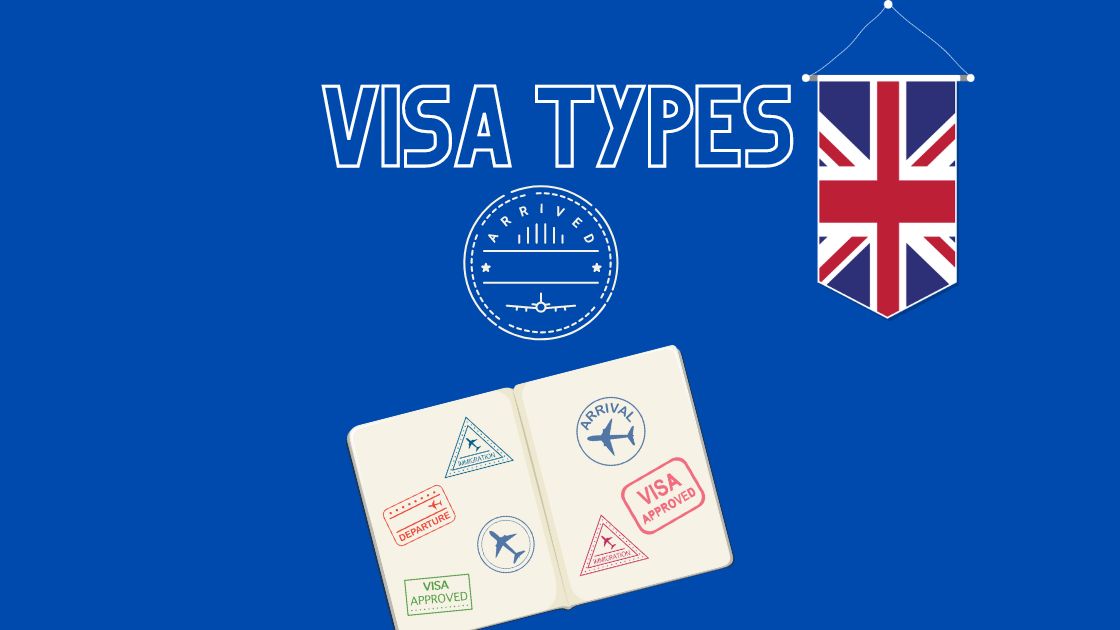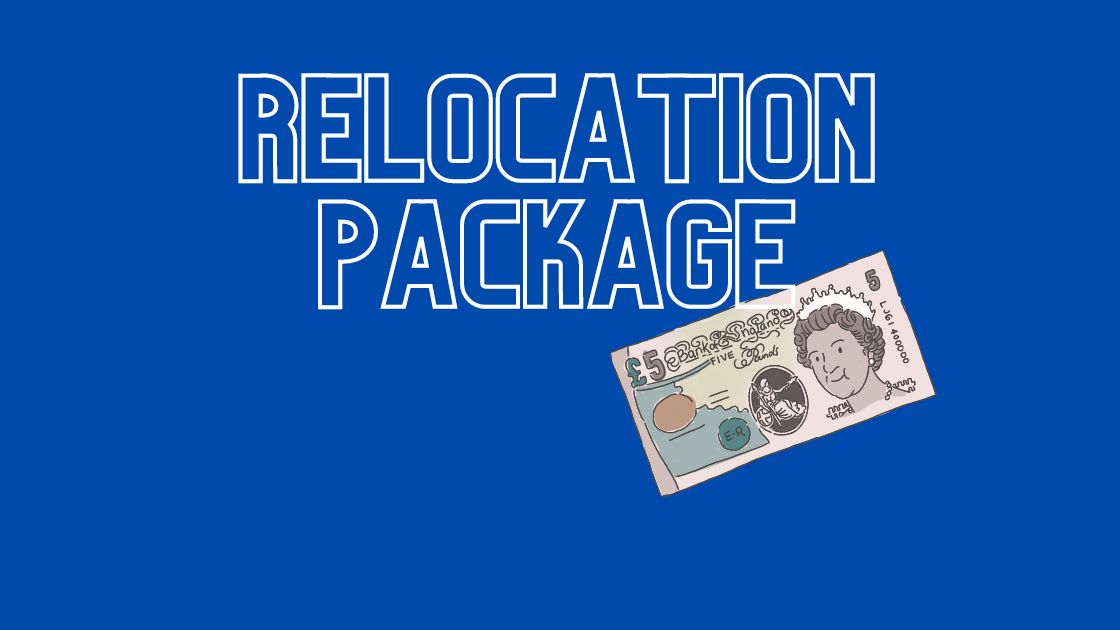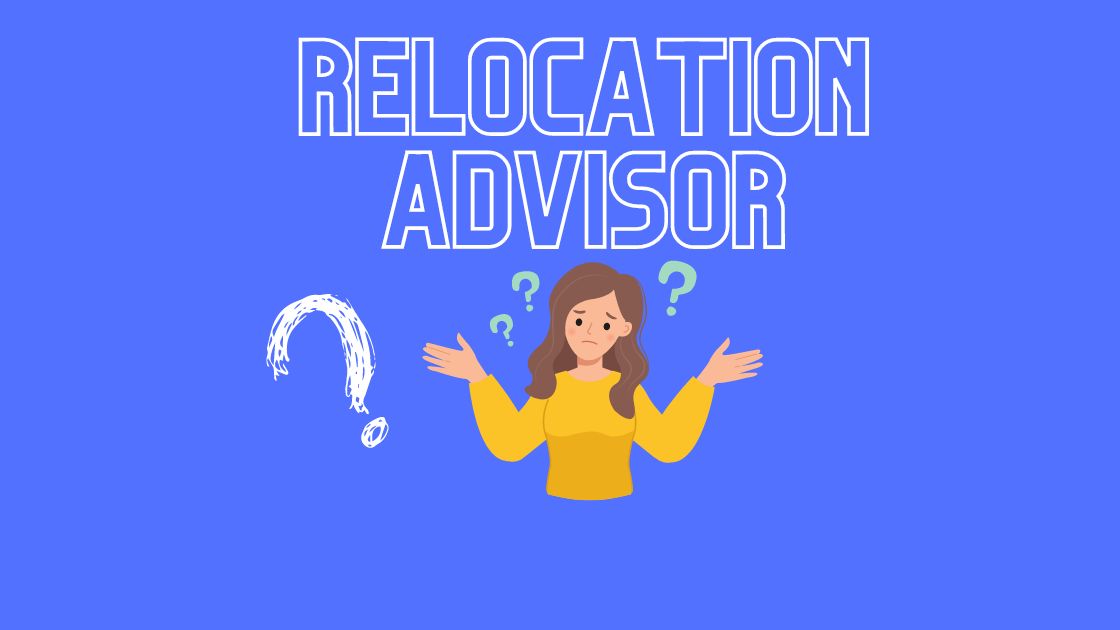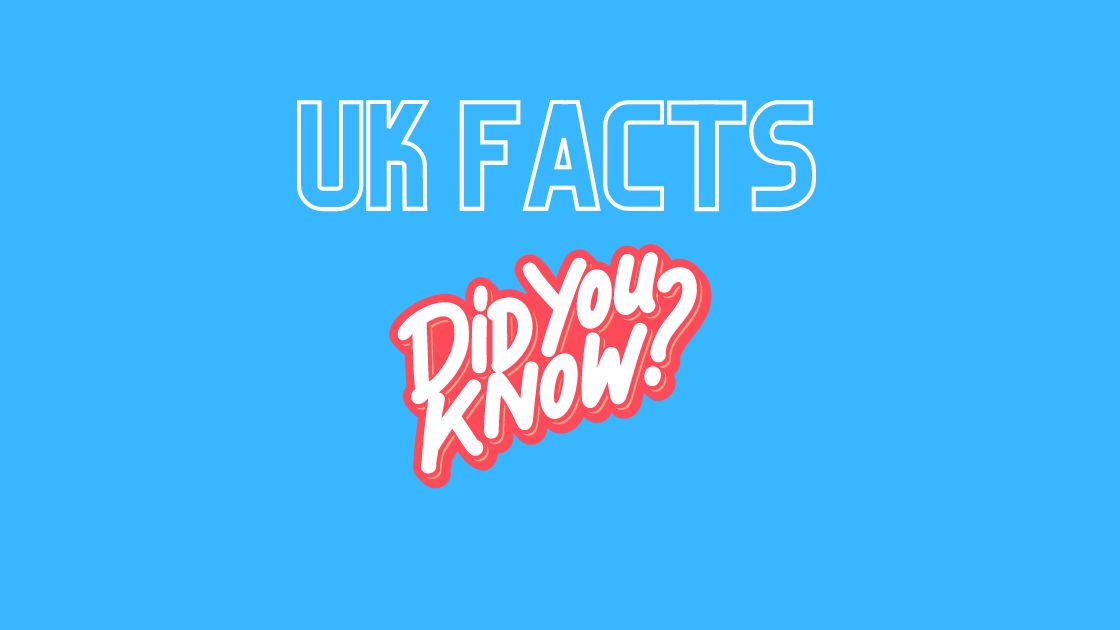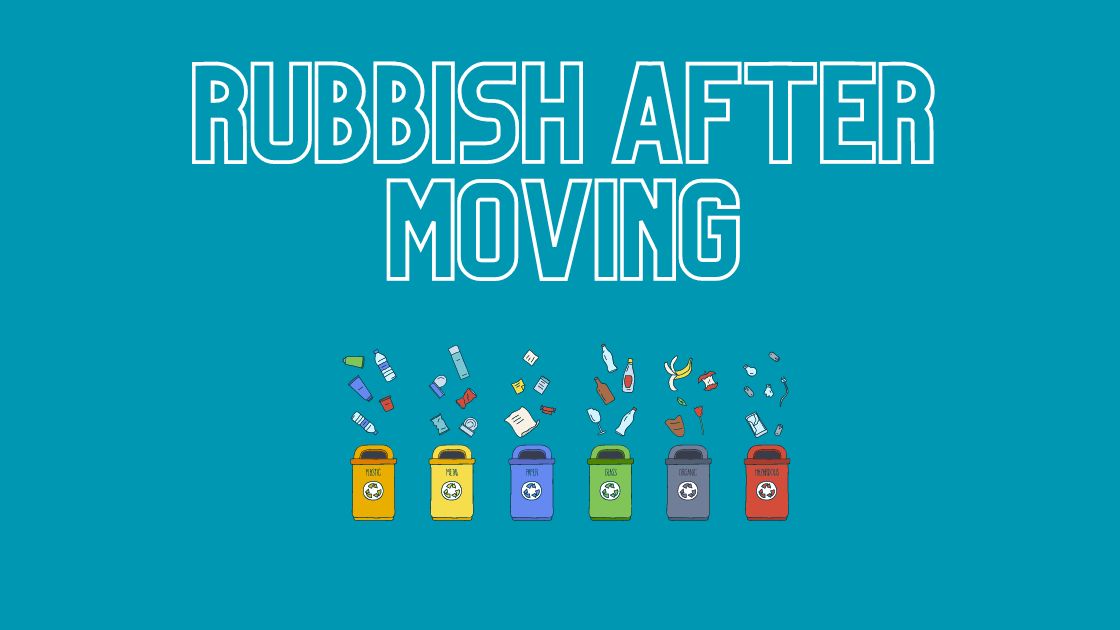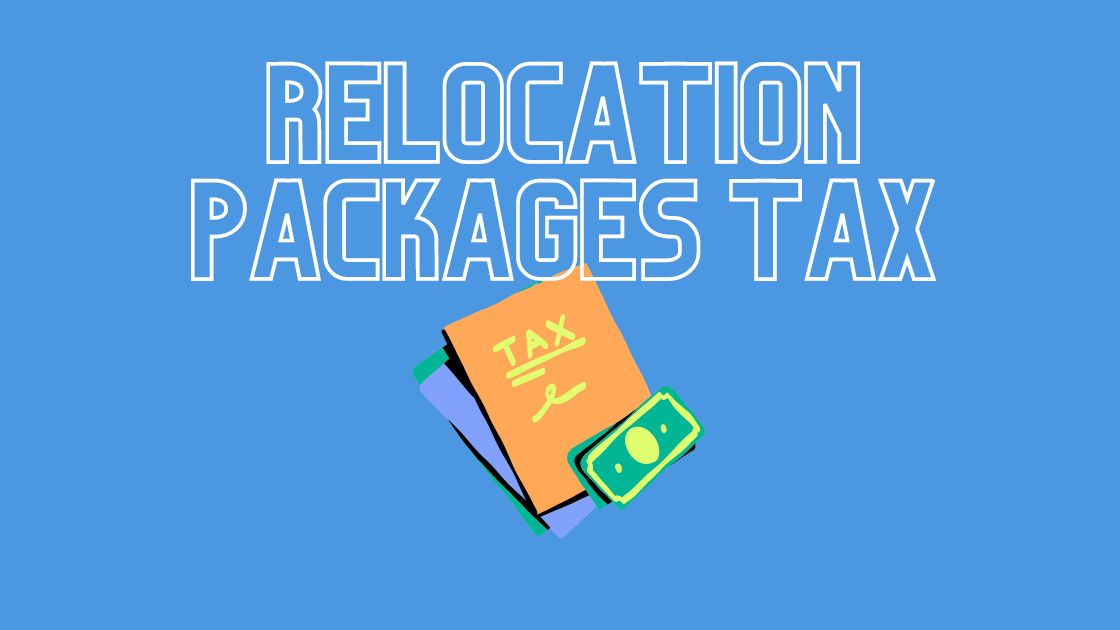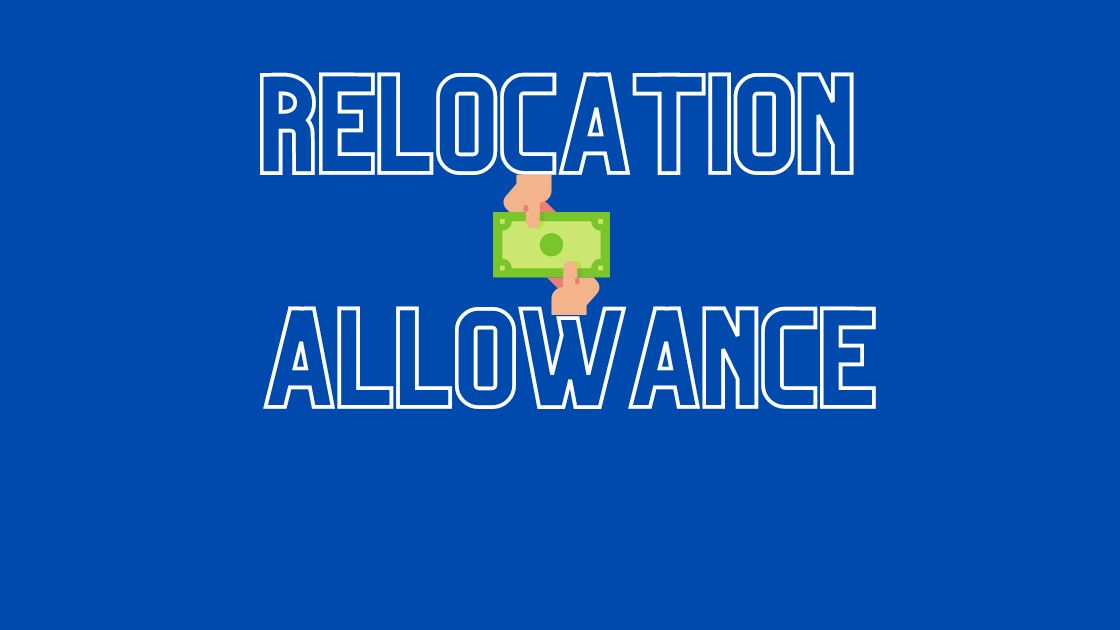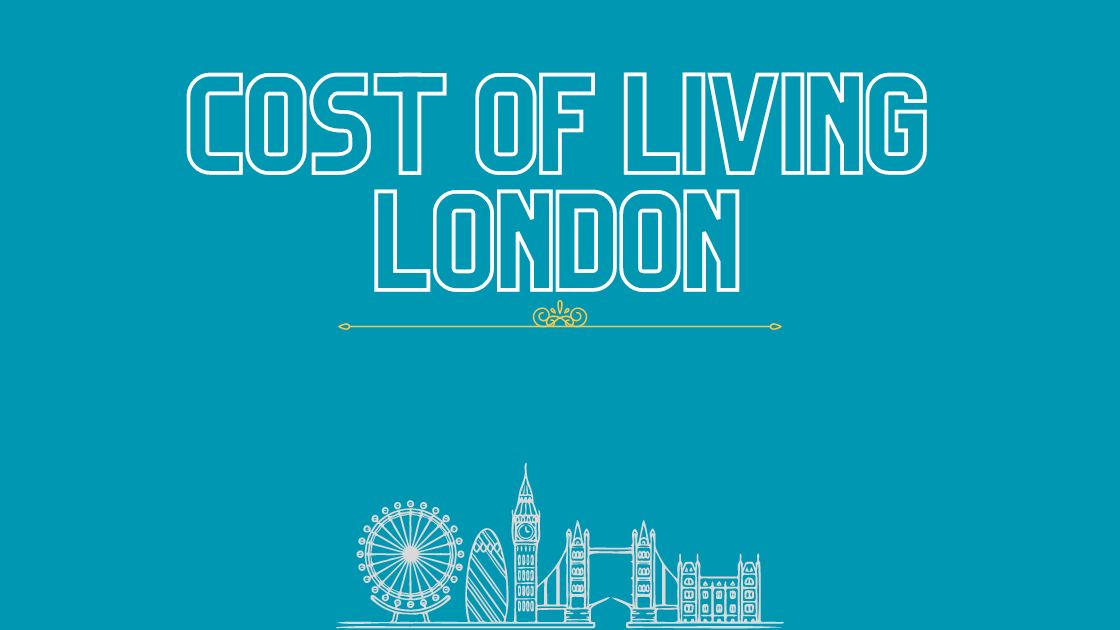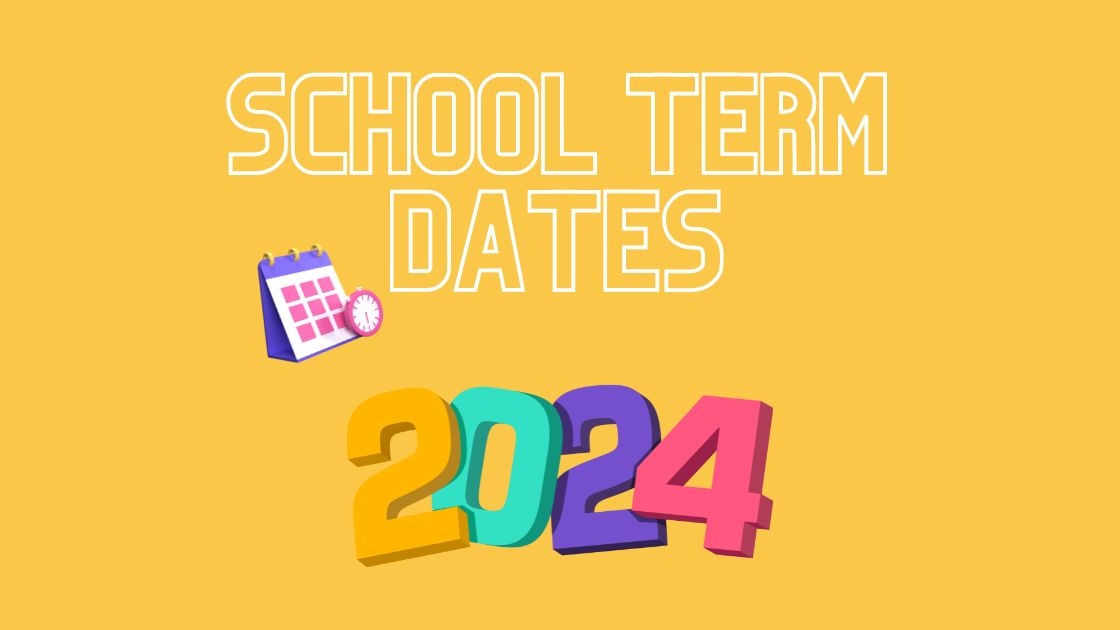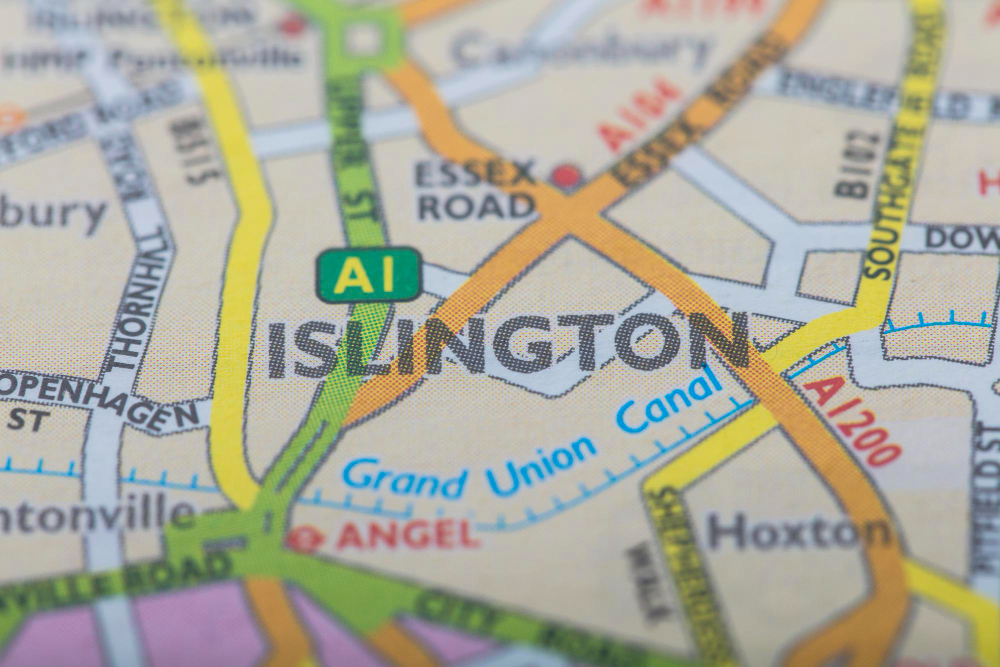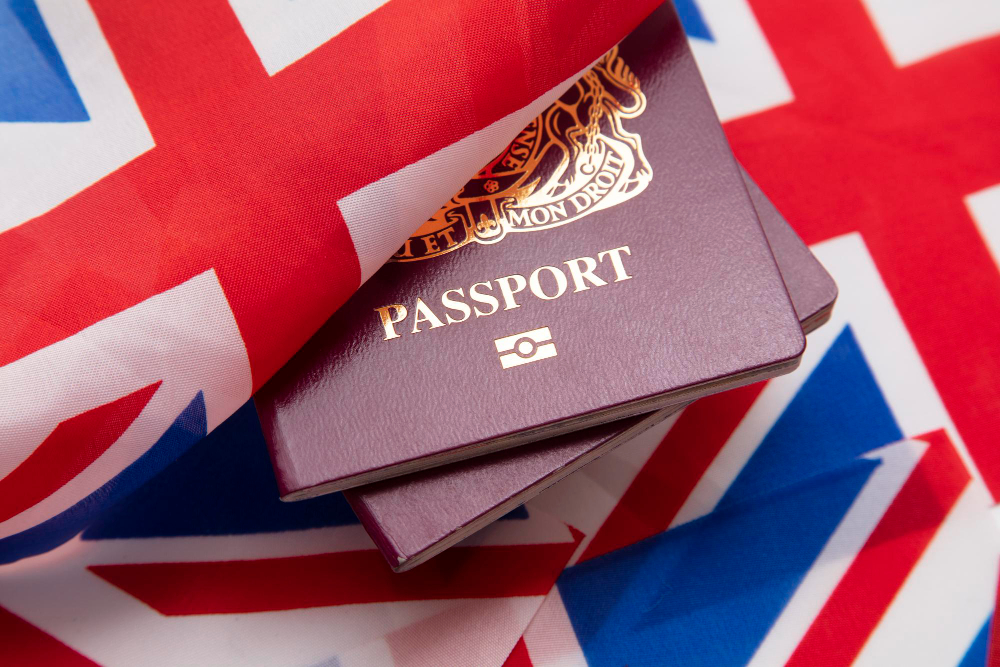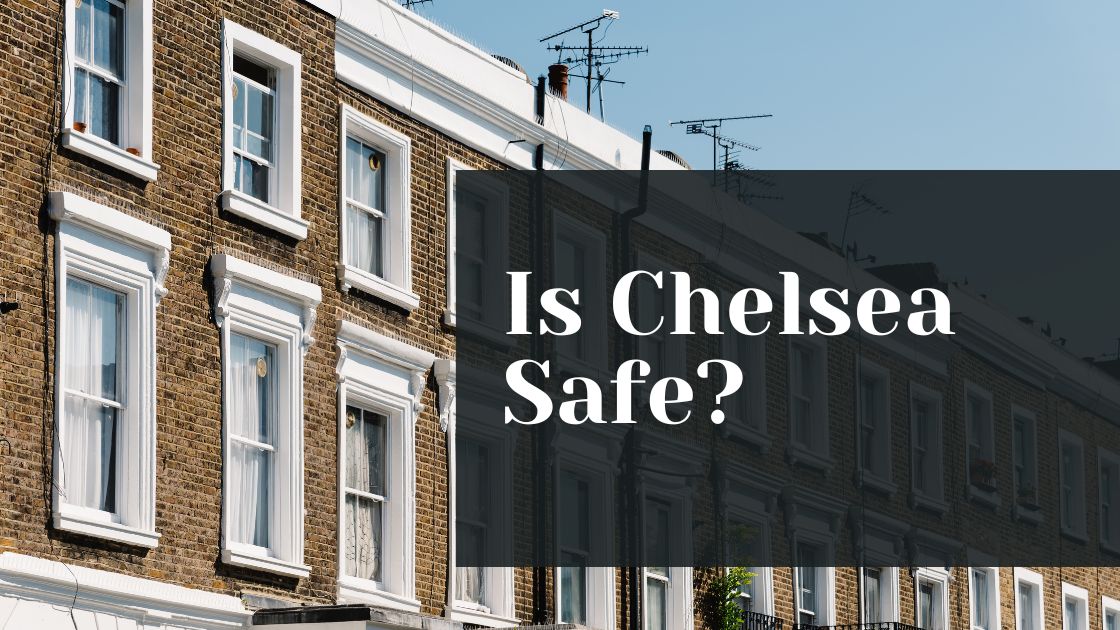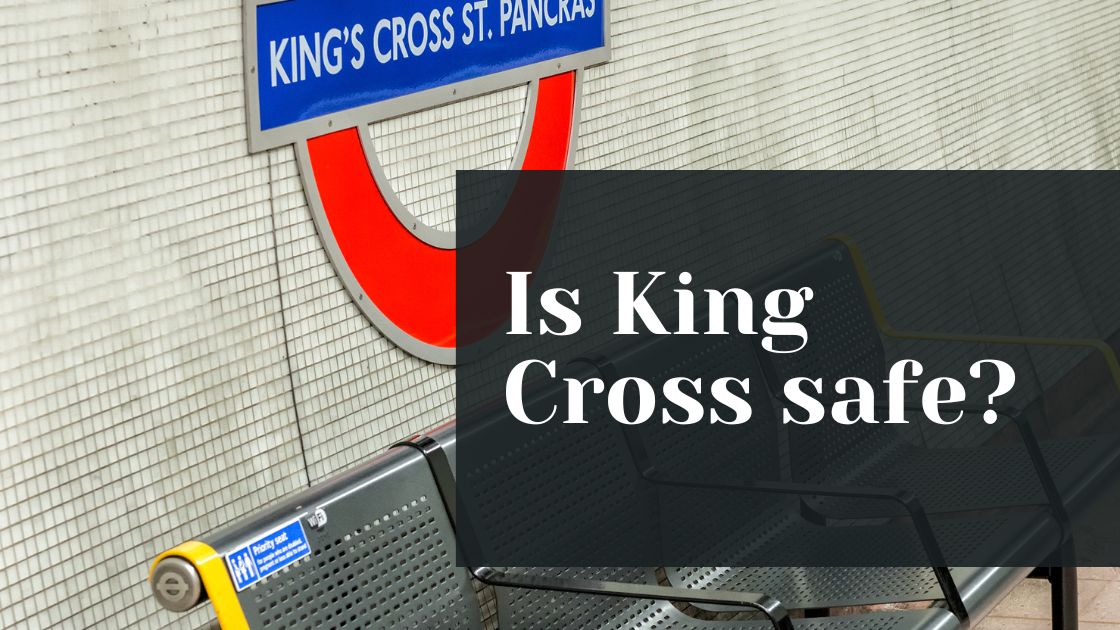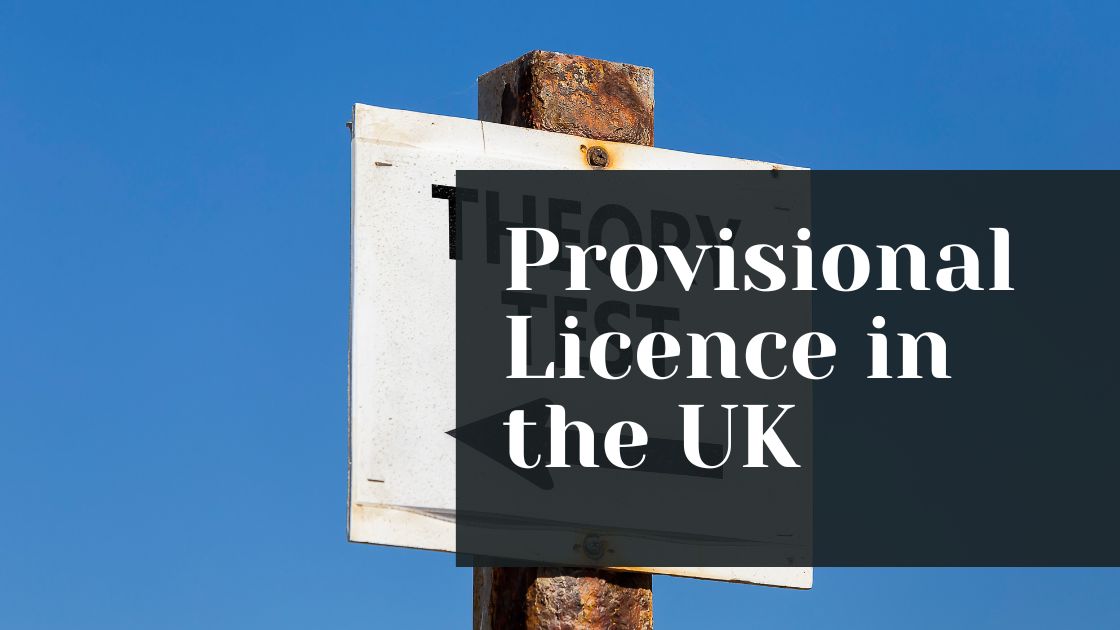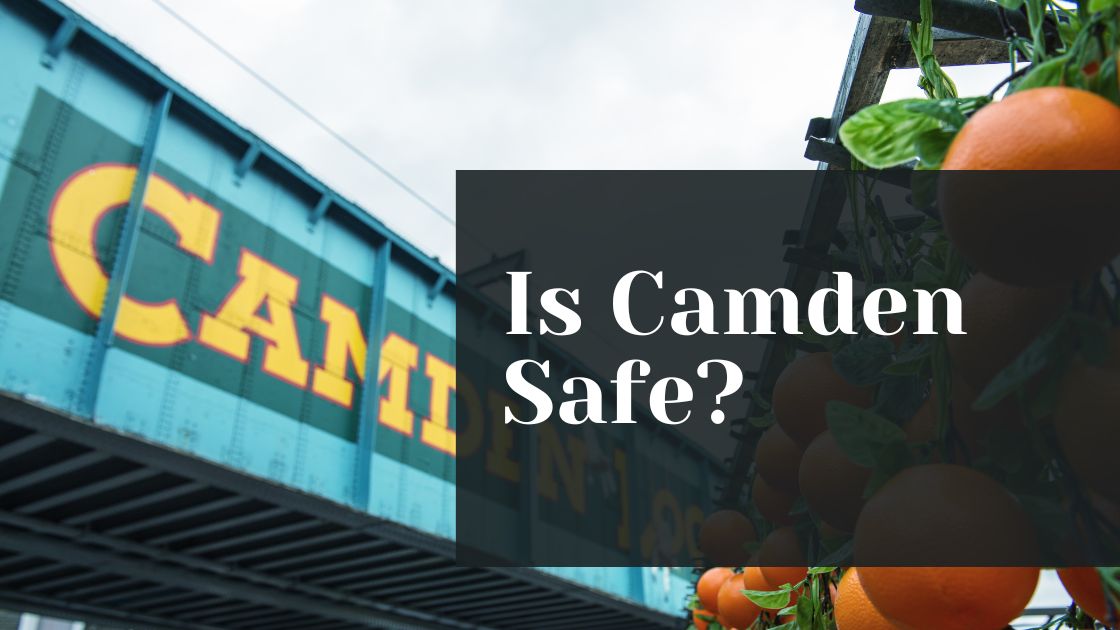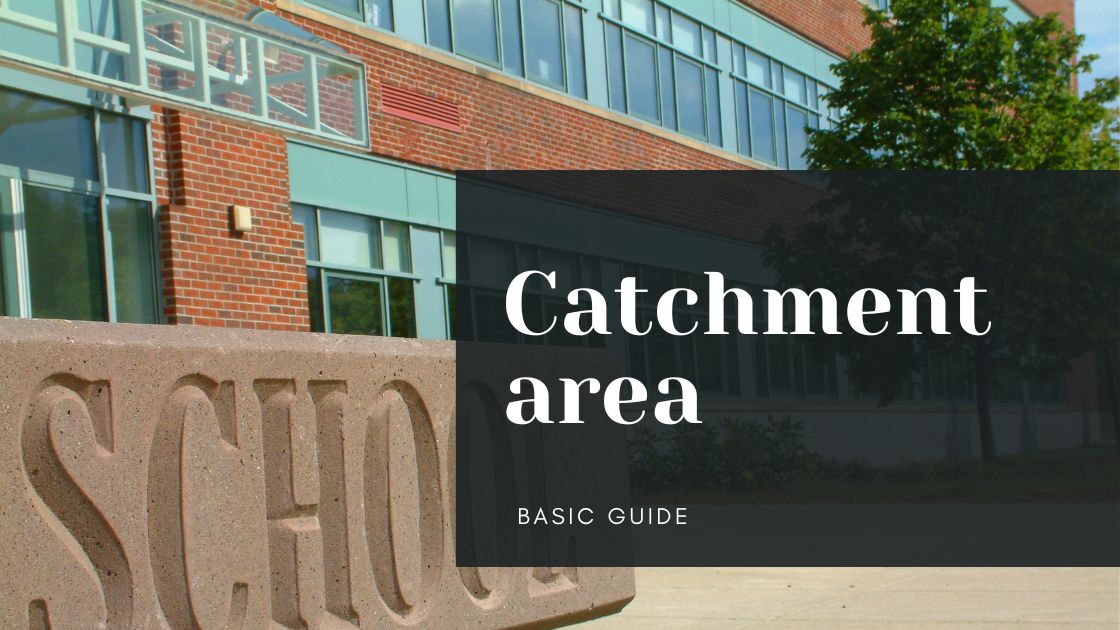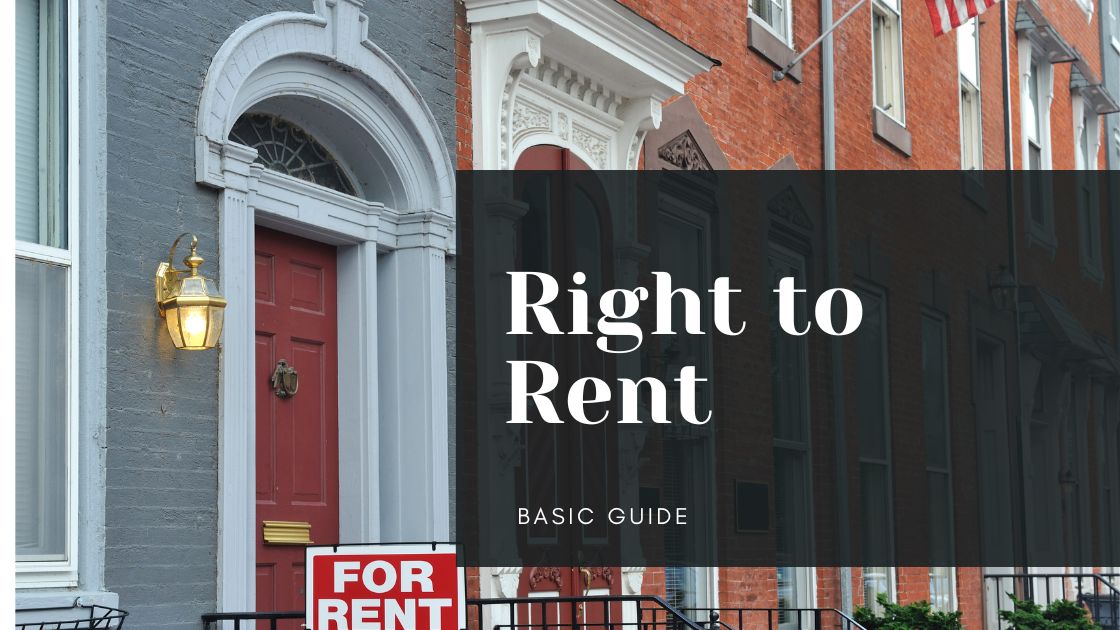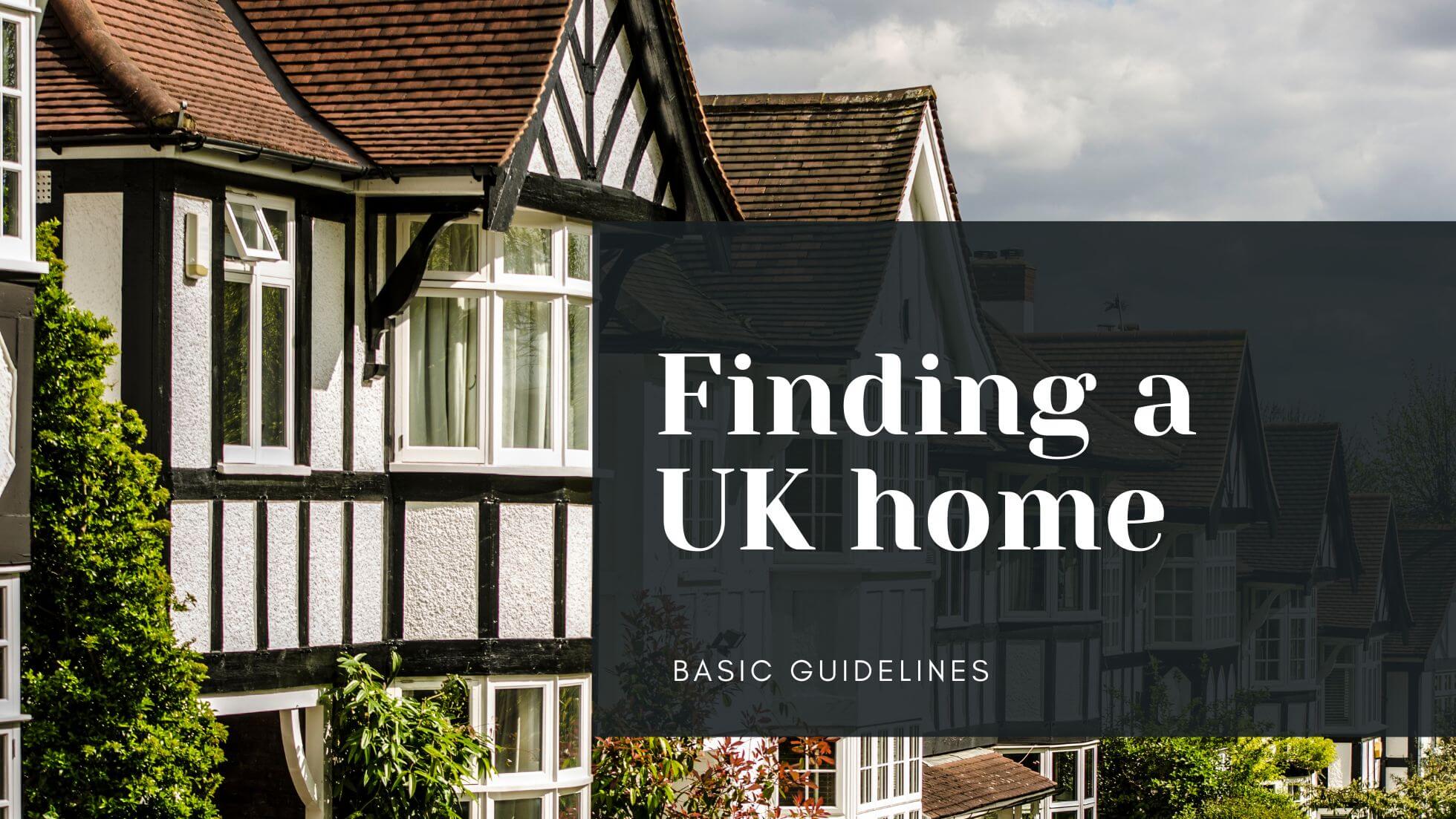Moving to a new country is always scary and filled with uncertainty. One of the biggest concerns most parents face is the quality of education a new country can offer their kids. But here’s something that might put your mind at ease: the UK is renowned for its high-quality education and ranks second worldwide.
A recent study showed that UK pupils consistently perform above the OECD average across various subjects. This speaks volumes about the standard of education your child can expect from an early age, which is also why you want to secure their place in a good school by applying on time.
The UK Secondary School System
UK secondary education typically starts at age 11 and goes until 16, after which your kids can continue their studies for another two years, up to 18. This is when they’ll focus on A-levels, vocational qualifications, or an apprenticeship, setting them up for university or their future career paths.
The types of schools available vary. Most kids attend free state schools that follow the national curriculum. However, if you’re looking at more specific options, the UK has private schools, academies, and grammar schools.
Academies operate with more freedom in curriculum, while grammar schools pick their students based on academic excellence. There are also religious schools that follow the national curriculum but include religious education according to their faith.
Starting Your School Search
One thing you’ll constantly hear about when looking for a secondary school for your child in the UK is catchment areas. Catchment areas are geographic zones that determine which schools are near your home address that your child can attend. They play a significant role in the application process because many schools prioritise applicants who live within their catchment area.
To find your catchment area, visit your local council’s website. Local councils usually have a dedicated section where you can enter your postcode and see which schools cover your area.
If you’re considering private schools, the process is different. You’ll need to contact each school individually, as they have specific admission criteria and don’t adhere to a catchment area.
Researching Schools
Doing in-depth research gives you a better shot. Begin by looking up schools in your area, visiting their websites and reading brochures. These resources offer a snapshot of what they offer, but you need to dig deeper to understand their true character and performance.
- Ofsted reports. They objectively assess a school’s effectiveness, pupil achievement, and more. They grade schools from ‘Outstanding’ to ‘Inadequate’, giving you a clear picture of its standing.
- Extracurricular activities. These activities play a huge role in providing a well-rounded education and fostering interests outside the academic curriculum.
- Locrating– with all the stats you need… the paid version is crazy as well, yet not a must.
- Support services. See if the school offers counselling and extra help for students with learning difficulties.
- School performance tables. They rank schools based on exam results and progress scores.
- Attend open days. You can see the school in action, talk to teachers, and sense the atmosphere, which can help you feel more confident in your final decision.
Speak to parents who have children in the schools you’re interested in. Their insights can reveal the day-to-day realities that official documents can’t.
Check the School’s Website
Schools must publish key information online, including how to apply, behaviour policy, and performance data. That can also be where you find details on their curriculum and special educational needs arrangements, which outline how the school supports students with SEN.
This step offers a wealth of information directly from the source, helping you understand the school’s ethos, expectations, and how they support their students to succeed.
How And When To Apply
The secondary school application process starts on September 1st. You have until October 31st to submit your applications, which might seem like a decent chunk of time, but it flies by. Starting early is a smart move. You need enough time to gather all the necessary information, fill out the forms without rushing, and double-check everything before you press ‘submit.’
You want to apply to several schools at the same time. Your heart might be set on that one perfect school, but spots can be limited. By broadening your options, you increase the chance of a positive outcome. Usually, you can pick three to six schools. List them in terms of preference, putting your top choice in the first spot. Keep a close eye on all the deadlines and make a checklist if it helps.
Filling Out the Application
You’ll need an application form to start your child’s secondary school application. You can find these forms on the local council’s website or go directly through the school’s website if they handle their applications independently. The form will list the information you should fill out and what additional documents you might need.
Most application forms will need you to put in some basic information, such as:
- The child’s full legal name
- Date and place of birth
- Their address of residence
- Previous primary schools
- Details on the parent or carer
- If they have siblings attending the same school
- Exceptional needs
- Up to six school choices
For those applying from overseas, there’s an additional step. You must provide documents proving what address you’ll live at when the term starts. That might mean showing a rental agreement or a letter from an employer if they are providing you accommodation as part of a relocation package.
Special Considerations
If your child requires additional support due to special education needs (SEN), you’ll find that schools here are generally well-equipped to assist. You must communicate your child’s needs early in the application process so the school can accommodate them or provide alternative recommendations.
Also, if you’re considering private schools but are worried about the costs, look into scholarships or financial aid options. Many private institutions offer financial support to families, which can significantly reduce the burden of school fees.
If your relocation circumstances lead you to apply after the school year has begun, don’t panic. Your first step should be to contact your local council to check which schools still have openings. Schools can fill up quickly, but local councils can help you find a free spot in a good school.
After Submitting Your Application
Once you press the submit button, the waiting begins. The application review process starts after the submission deadline in October and ends by the beginning of March. You’ll receive a notification about your child’s school placement on National Offer Day through the method applied – this could be an email or a letter in the post.
If you don’t accept the school’s offer by the provided deadline, they’ll assume you’re no longer interested, and your child’s spot could go to someone else. Upon receiving the good news that your child is accepted, you will receive a list of documents you must submit to the school:
- Your child’s birth certificate, translated into English
- A valid passport to prove their identity
- Proof of main address, such as a recent utility bill or tenancy agreement
- Medical information like current GP and dentist
- A list of emergency contacts
- Proof of parental responsibility
What if You Get Rejected
There is a possibility your child won’t be offered a place at the preferred school. Start by adding your child’s name to these schools’ waiting lists. Places can and do become available as other families’ circumstances change. You can also appeal the decision. Each local authority has its procedure for this, so you’ll need to check their website to learn how to proceed.
Preparing Your Child for the Transition
All kids could use some help adjusting to a new school setting, especially after moving to a new country. Start by arranging visits to the school before the term begins. These trips can make the surroundings seem less foreign to your child, giving them a sense of comfort. If possible, try to meet with their future teachers. That can help establish a connection early on, making the first day feel more like a reunion than an introduction.
It’s equally important to offer them emotional support and maintain open lines of communication. Ask your child how they feel about the move and listen to their concerns. Sometimes, knowing they have you to talk to can make a big difference in how they view the transition. Reassure them that feeling nervous is normal and share any positive aspects of the move to lift their spirits.
Make the Best Choice for Your Child
A spot in the preferred secondary school in the UK isn’t guaranteed, so research and cast a wide net. Above all, stay organised and patient during this time.
It’s easy to feel overwhelmed with forms and dates. Many families are going through the same process, and there’s a chance you’ll find support and advice from those who’ve already been through it. With a bit of effort and planning, you’ll find the right school for your child.

